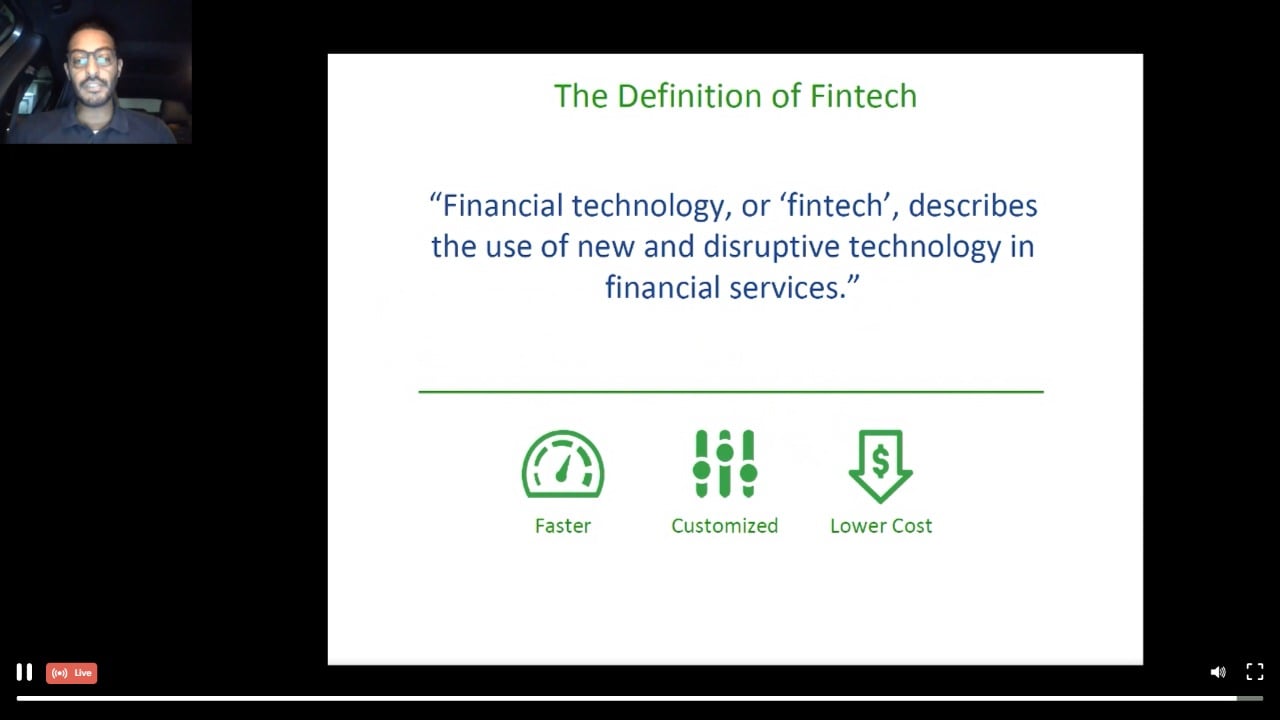Here is Everything You Need to Know About Merchant Accounts
Have you always dreamt of running your business smoothly and efficiently? What do you know about merchant accounts? Well, proper management of cash flows is an integral part of it. If you are looking to set up a new business or even if you are already running one, you need to look at your cash flows to ensure that you maintain proper liquidity at all times. Opening a merchant account can help you in streamlining your cashflows and get proper control over your finances. There are several merchant account solutions available these days. In order to choose the right one for your business, here are some tips you can follow.
Know what a merchant account is:
In order to obtain the best merchant account to meet your business requirements, first make sure that you are knowledgeable about the different features of a merchant account. A merchant account is a type of bank account which enables a business to accept payments through debit and credit cards in addition to several other types of electronic payment solutions. You will need to collaborate with a payment processor for this purpose. However, you should also note that not all merchant accounts are created equally. Shop around to see what type of merchant account is able to meet your specific requirements. You should pay attention to your business size, growth rate and future plans to pick the right kind of payment partner.
Also Read: Merchant Account Vs. Payment Gateway: What’s The Difference?
Pay attention to fees and costs:
While a merchant account will help you in keeping your business financially efficient, you should be aware that these services come at a cost. Hence, it is important that you pay proper attention to all the fees. Generally, these costs may be divided into two categories, which are upfront or setup costs and operating costs. There are many merchant accounts which may come with nil set up fees too. However, before making any decision, focus on operating costs as well since these are the costs you will have to pay for the entire duration of your merchant account. If the costs are charged on the basis of volume, then keep your growth rate in mind, since these costs tend to add up real fast.
Pay attention to hardware and software:
Every merchant account deals with both hardware and software. It is vital that you gauge the efficiency and security of these services. Hardware generally includes payment terminals, which are required for payment processing. Such hardware may be leased or given to you outright. Make sure that you fully understand all the charges involved and that there are no surprises. For software, you should ensure that the system can seamlessly integrate with your existing business setup. Pay attention to the fine print in terms of cancellation, withdrawals and other charges.
Also Read:5 Common Myths about Merchant Accounts Processing That Can Lead You Astray
Customer service and support:
When you decide to engage an online payment processor, you should look into the customer service and support provided by them. Payment processing is complex and there will be times when you will require urgent customer care. You should ensure that your provider is able to process your grievances promptly. There should also be provision for self-service so that you are able to fix minor issues and minimize the potential damage. The customer service should be available through different channels such as emails and telephone. However, in some cases, you may also arrange for a dedicated account executive.
Flexibility and customization:
Your online payment processor should be able to provide you customizable features so that your system can be adapted to accommodate the requirements of your business. It should be tailor-made to ensure that you are able to offer the best possible services to your clients. It should also be flexible so that it can provide for your expanding business. You may want to offer diverse payment options to your clients too and your payment processor should be in a position to accommodate such changes.
Also Read: Top 7 Most Common Merchant Account Complaints that Can be a Red Flag
Merchant accounts are extremely important for online businesses and should be chosen carefully after due deliberation. And by following the above guidelines, you can bring positive changes to your online business.






